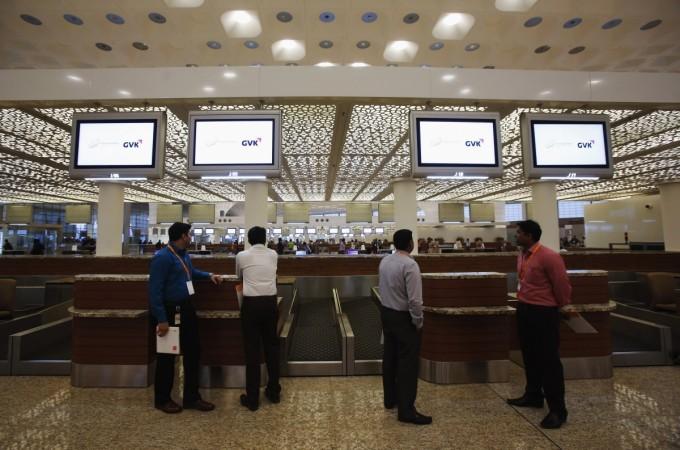
The National Civil Aviation Policy, 2016, has finally been cleared by the Indian government. The new policy has been touted as "passenger-friendly" and not without reasons.
Civil Aviation Minister Ashok Gajapathi Raju was quick to highlight on twitter that the aviation sector has much scope to grow since the vast Indian middle-class population was 35 crore while the total number of air passengers per year was 8 crore. He also observed that an average Indian flew only once in four to five years.
In a move that favours current passengers and aims at attracting more, the policy introduces a cap of Rs. 2,500 for a one-hour flight time and Rs. 1,200 for a 30-minute flight time, reports the Indian Express.
In an attempt to simplify engagement from customers' end, the new policy also subsumes transactions and grievance redressal under "a single window."
Also, check-in charge per kilogram per bag's weight has been reduced from Rs. 300 to Rs. 100 with the exception of Air India, which will allow free baggage up to 23 kg, reports PTI.
The report also says that a compensation of Rs. 20,000, shall be granted, subject to certain conditions, if tickets are denied due to overbooking.
The policy, aimed at bolstering the domestic carriers, also imposes a 2% levy on all tickets to fund the Regional Connectivity Scheme (RCS). The minister also highlighted that RCS shall revamp "unserved airports and routes" in Tier 2 and 3 cities, thereby increasing inter-regional connectivity.
The Open Skies policy on a "reciprocal basis" with other SAARC nations or countries within 5,000 km or seven hours of flying time, according to a report by the Hindu BusinessLine, has virtually lifted restrictions and can potentially boost the inflow and outflow of passengers to these countries.

















![India Auto Roundup: Maruti Suzuki, Mahindra have exciting launches in November [details here]](https://data1.ibtimes.co.in/en/full/805520/india-auto-roundup-maruti-suzuki-mahindra-have-exciting-launches-november-details-here.jpg?w=220&h=135)